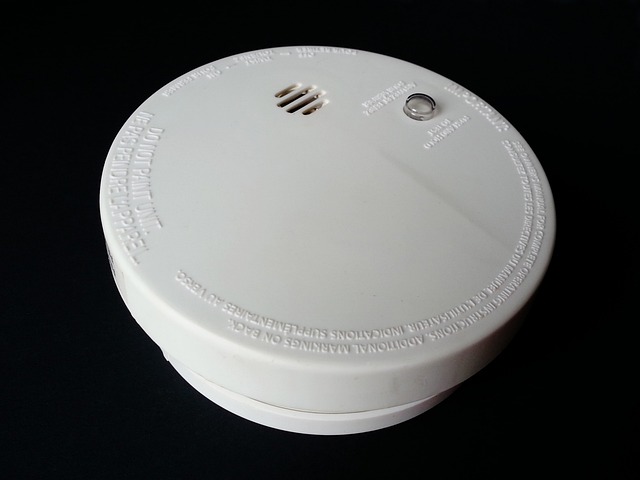October is Fire Prevention Month, and it’s an excellent time of year to focus on fire safety, especially smoke detectors, in our homes. Smoke detectors must function properly to alert you and your family to a potential fire, giving you crucial time to escape.
As with all devices, smoke detectors have a limited lifespan. Understanding how long they last and what to consider when replacing them is essential in maintaining a safe environment for you and your loved ones.
Understanding The Average Lifespan of Smoke Detectors
Most smoke detectors have a lifespan of about 10 years. However, this can vary depending on the type of detector, the manufacturer’s recommendations, and environmental factors such as humidity and temperature fluctuations.
Regardless of the type of smoke detector, it’s essential to check the manufacturer’s expiration date or label on the detector, as this will give you the most accurate information regarding its lifespan.
Signs It’s Time to Replace Your Home’s Smoke Detector
Aside from the age of the unit, there are several signs that it may be time to replace your smoke detector:
- Persistent chirping. If your smoke detector is chirping, it usually means a low battery. However, if you’ve replaced the battery and the chirping continues, it may be time for a new unit.
- Physical damage. Inspect your smoke detectors regularly for any signs of damage, such as cracks or discoloration. These issues can impact its function.
- Dust and debris buildup. Dust can accumulate in smoke detectors and affect their performance. If cleaning it out does not resolve issues, consider replacing the detector.
- Recent home renovations. If you have renovated your home, the smoke detector may have been disturbed. Ensure that it’s still functioning as intended, or consider replacing it if you’re unsure.
How to Check Your Smoke Detectors
Fire Prevention Month is the perfect opportunity for homeowners to review their fire safety measures, including the inspection and maintenance of smoke detectors. This year, prioritize fire safety by checking your smoke detectors and:
- Testing the detector. Push the test button on each smoke detector to ensure it works correctly. If the alarm doesn’t sound, replace the detector immediately.
- Inspecting for age. Look for the manufacturing date on your smoke detectors. If they are older than 10 years, replace them, regardless of whether they still function.
- Replacing the batteries. If your smoke detectors are not hardwired, replace their batteries at least once a year.
- Creating an escape plan. Ensure everyone in your household knows the escape routes in case of a fire and practice them regularly.
What to Consider When Replacing Your Smoke Detectors
There are a few important factors to consider when replacing your smoke detectors. You’ll need to choose the type of detector, such as ionization or photoelectric, as well as whether you want it to be battery-operated or hardwired. Hardwired smoke detectors can be more reliable and, when interconnected, provide more comprehensive alerts in case of a fire.
The location of the detectors is crucial as well. If you have renovated your home, you may need new smoke detectors in different areas. Virginia building code requires smoke detectors in every bedroom or outside of every bedroom and on each story of the building. New construction or renovated dwellings in the state of Virginia are also required to have interconnected smoke alarms.
Let CoreTrade Electric Protect Your Home
Smoke detectors don’t last forever, so regular inspections and replacements can save lives. And remember—it doesn’t have to be Fire Prevention Month for you to check your smoke detectors. When you need assistance with your smoke detectors, contact CoreTrade Electric. We’re a licensed residential electrician helping people keep their homes safe with proper smoke detector equipment and installation.


